The world many of us find ourselves living in today is a radically different one that the one we all knew just a few years ago.
Despite having witnessed over recent decades the ever increasing trend towards state intrusion into our lives, and the seemingly endless downward spiral of morality within wider society. The sudden and impactful nature of events over the last two years left many of us reeling. The events that have unfolded may have been inevitable, and it is no surprise that many politicians and ‘social leaders’ alike took advantage of a perceived global catastrophe to pursue their own perverse agendas.
The experiences of recent months and years have impacted everyone differently. Some dharmis may have been impacted greatly on a daily basis, and lost much in the past few years. Others may have felt little to no impact at all, or even inadvertently benefited in some way. Regardless, in the face of such turbulence and uncertainty, it is very easy for one to fall into the trap of negative thinking, or to adopt a defeatist mentality. After all, even the great warrior-prince Arjuna found himself overwhelmed upon the eve of battle.
B.G 1.30
na ca śaknomy avasthātuṁ
bhramatīva ca me manaḥ
nimittāni ca paśyāmi
viparītāni keśava
na—nor; ca—also; śaknomi—am I able; avasthātum—to stay; bhramati—forgetting; iva—as; ca—and; me—my; manaḥ—mind; nimittāni—causes; ca—also; paśyāmi—I foresee; viparītāni—just the opposite; keśava—O killer of the demon Keśī (Kṛṣṇa).
TRANSLATION
I am now unable to stand here any longer. I am forgetting myself, and my mind is reeling. I foresee only evil, O killer of the Keśī demon.
As His Divine Grace A. C. Bhaktivedanta Swami Prabhupada explained in the purport to this verse, fearfulness and loss of mental equilibrium take place in persons who are too affected by material conditions. Arjuna envisioned only unhappiness in the battlefield-he would not be happy even by gaining victory over the foe. When a man sees only frustration in his expectations, he thinks, “Why am I here?” Everyone is interested in himself and his own welfare. No one is interested in the Supreme Self. Arjuna is supposed to show disregard for self-interest by submission to the will of Kṛṣṇa, who is everyone’s real self-interest. The conditioned soul forgets this, and therefore suffers material pains. Arjuna thought that his victory in the battle would only be a cause of lamentation for him.

None of us may compare to the great Arjuna, and we may not have found ourselves upon the battlefield of Kurukshetra. Nonetheless, there are many important lessons we can draw from such verses that can be applied to the state of the world at this very moment, and how we conduct ourselves in the face of such turbulence.
Much like Arjuna, we are faced with great uncertainty in outcome, and it often can seem like that no matter what we do, all possible futures are doomed to be bitter-sweet at best, outright tragic at worst. Despite this, it is important for us to remember that it is because of the excessive attachment to our societies and this world around us that we experience such fearfulness and anxiety. A good man experiences suffering in the presence of un-righted wrongs. Like Arjuna, we are passionately attached to aspects of the world around us, and because of that we are invested in the outcomes and possibilities that are yet to come. As a result, we are caused great anxiety.
In the face of such calamity and chaos, it is increasingly important for every devotee to take time to reconnect with God and turn their attention to their sadhana. By cultivating detachment from material world, the dharmic activist is able to view the world with increasingly greater clarity, and to see things through a wider lens. By minimizing attachment, and therefore reducing the degree in which one invests themselves in outcomes well beyond our individual control, the dharmi can live a life of purpose and understanding, even as the world burns down around him.
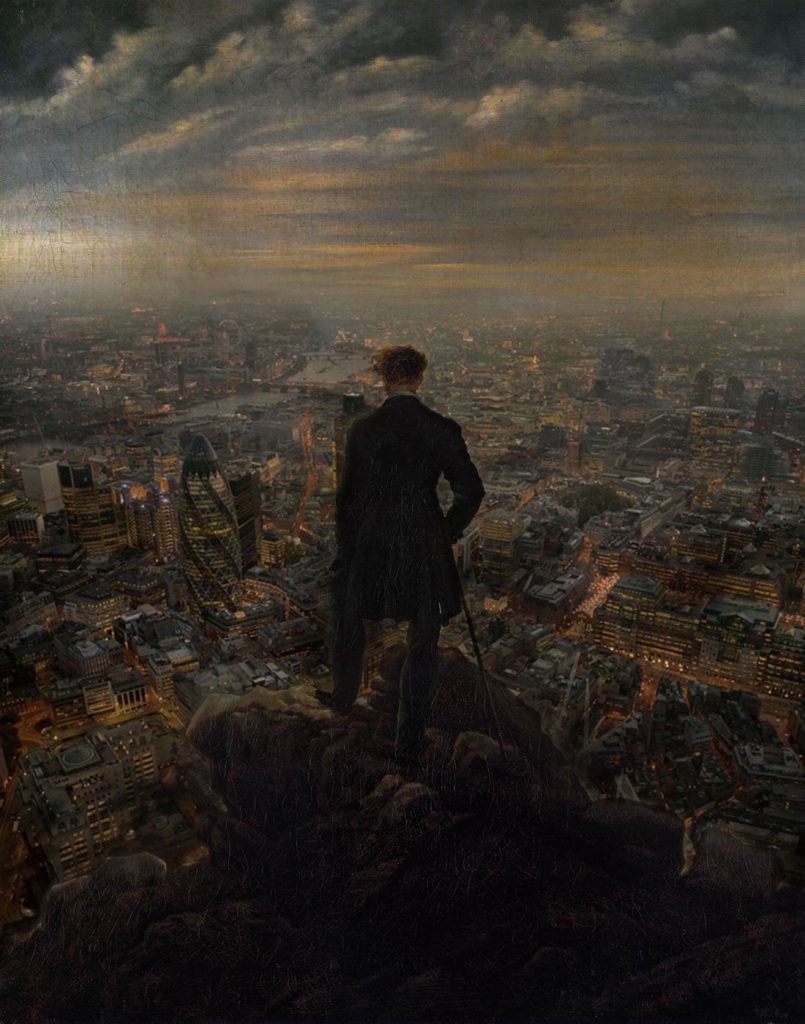
This does not mean the dharmi should not care, nor does it mean he should not act. To the contrary, each and everyone one of us, now more than ever, must live with integrity and be sure to do whatever is within our power to bring about a positive change within this world. A change more in line with Dharma. However, the dharmi must act with detachment. The dharmi must act in understanding that all things are in the hands of the Divine, and that whenever God has deemed the time to have come, the demons that rule our world, who at times appear to have us out-numbered in every way, will be washed aside to make room for the Golden Age that is to come. All injustice and evil is temporary, but the divine is eternal.
Thus the dharmi should ultimately take shelter of the divine, and in turn Kṛṣṇa will protect the devotee who comes to him submissively and with affection.
“We live in a world that we know is infinitely complex, overpoweringly beautiful, and often times deeply mysterious. From time immemorial, human beings have peered into the heavens and contemplated the meaning of the world around them, and the meaning of their own lives within this world. When we human beings do begin to contemplate the meaning of our reality, there are really only two mutually exclusive conclusions that we can possible come to. And we must choose between one of these two possible explanations. The first way of viewing reality tries to convince us that the world we see around us is ultimately devoid of any real and lasting meaning. That everything happens in a thoroughly random manner. That the world is an inherently chaotic place, without an ultimate purpose, or any higher principle governing what happens in our cosmos or what happens to us. We are alone. This uninspired response to the mysteries of the world around us is the typical secular materialist response. It is the depressing conclusion that the atheist comes to. This atheistic way of viewing reality is now the dominant worldview, purposefully and systematically foisted upon us for over two centuries by those who control public discourse and culture.
The second way in which we can choose to see our world tells us just the very opposite of the above pessimistic and ultimately hopeless scenario. This second way envisions the universe around us as being full of deep meaning and alive with exciting possibility. Our cosmos is understood to be a reality in which, while oftentimes seemingly chaotic or confusing at a cursory glance, is in actuality governed by a higher and benevolent intelligence. It is a reality in which a nuanced order, balance, harmony and purpose lay hidden behind every important occurrence. Ours is a cosmos that is ruled by Natural Law. Though each and every one of these eternal principles of this Natural Law are not necessarily all known to us at all times, they are nonetheless discernible by those among us who are wise, patient and sensitive enough to listen to the quiet whispers of nature and to humbly open ourselves to the many lessons to be learned from Her.
When we fully realize the nature and power of this Natural Law, and live according to its wise guidance, then we are living in harmony with the cosmos, and we open ourselves to experiencing the peace, health, joy, sense of oneness with all of creation and with every being in creation, and deep sense of meaning that each of us, in our own way, yearns for. This second response to the mystery of our cosmos represents the optimistic and hopeful world-view of Sanatana Dharma, the Eternal Natural Way. The spiritual path of Sanatana Dharma, or “The Eternal Natural Way”, is the most ancient spiritual culture and tradition on the earth. Indeed, it is “sanatana”, or eternal. To one degree or another, it forms the archetypal antecedent of every other later religion, denomination, and spiritually-minded culture known to humanity.”
― Sri Dharma Pravartaka Acharya, Sanatana Dharma: The Eternal Natural Way



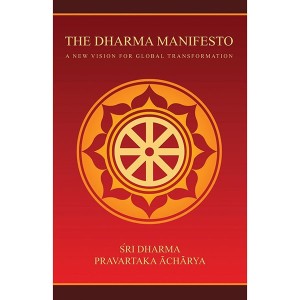
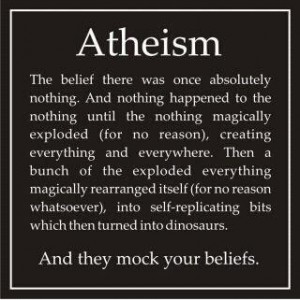
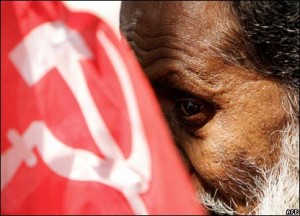
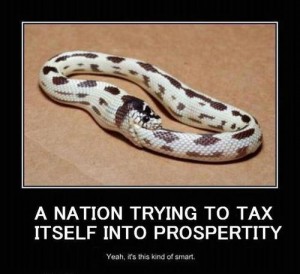
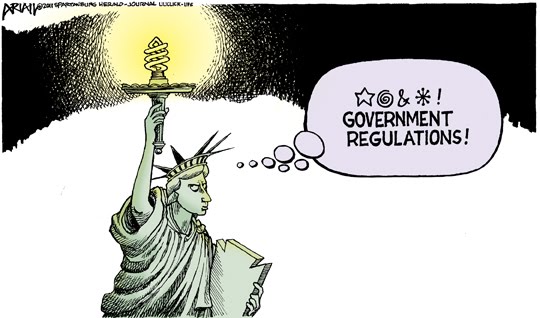
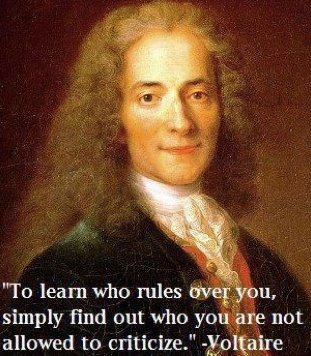
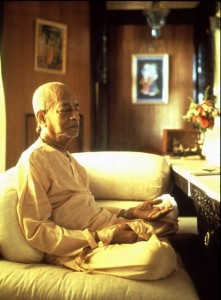

 In early July, on the sleepy Friday after Independence Day, the USDA quietly
In early July, on the sleepy Friday after Independence Day, the USDA quietly 